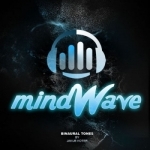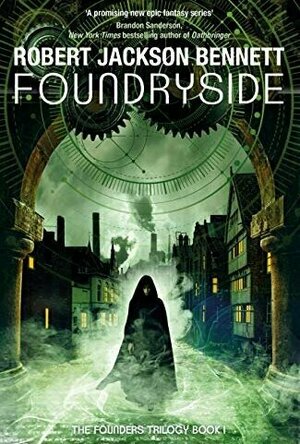
Ho’oponopono Clean and Erase
Health & Fitness and Lifestyle
App
Multi Lingual - English / Español / Hungarian Erasing your Problems got Easier than Ever. Now...

Blissful Birth by Glenn Harrold & Janey Lee Grace: Advice & Self-Hypnosis Relaxation
Health & Fitness and Education
App
Blissful Birth is the ultimate app to help you before, during and after giving birth. Having a...

The Greedy Cave
Games and Entertainment
App
In a land far, far away there once was a vast continent called Milton. It was a land where the power...

DB Navigator
Travel and Navigation
App
My DB Navigator – the perfect travel app: Mobile phone tickets, real-time information, delay...

Mind Wave - Binaural white noise
Health & Fitness and Entertainment
App
Mindwave's potent binaural tones have been imitated since it's first week in the app store, but the...

Think Ladder
Health & Fitness and Medical
App
Thinkladder is a Cognitive Behavioural Therapy and meditation hybrid app. The app allows users to...

Stop, Breathe & Think
Health & Fitness and Education
App
Stop, Breathe & Think is an award winning meditation and mindfulness app that helps you find peace...

123 Coloring Book for children age 1-10: Games free for Learn to write the Spanish numbers and words while coloring with each coloring pages
Games and Education
App
Write & Color Spanish numbers 123 numbers Coloring Book | Coloring Free Games for Kids Boy and Girls...

StudioMini XL - Your trusty music recorder
Music and Utilities
App
The recording app used by multi-platinum band Gorillaz on their album 'The Fall' StudioMini XL is a...
Ross (3284 KP) rated Foundryside in Books
Aug 31, 2020
Sancia is a key customer for some of this black market. She is a mercenary who will, for a fee, steal things. Not much of Sancia's past work is given, whether she is just a thief for hire, or has killed. She is a good strong, complicated character. Sancia has the ability to sense the thoughts of inanimate objects. For example, she can touch a wall and find out where the wall joins to other walls, whether there are gaps, whether someone is leaning on the other side, etc. This comes in handy when she successfully steals a box from a storage facility that contains a magical key that she can speak to.
There then follows a gripping plot to dethrone the merchant houses by seeking to stop them achieving more than just market share.
As with all the best fantasy worlds, the nature of things is revealed gradually over the course of the book. At times this verges on deus ex machina, but never quite goes over that line, things being mostly plausible given what we already know.
The dialogue of the book is where I have most of my issues with it. As with a number of recent books, the author is clearly an American and puts a number of Americanisms into the prose. While I am no language snob and can happily accept these in general, it is harder to do so in a fantasy book, especially one where other aspects of the language are clearly supposed to be more British English. The combination of a character saying "you all" or "most always" or "goddamn" and then using the word "arse" rather than "ass" just really ground my gears. It would have been much better to have been consistent and stick with "ass" and closer to the author's true voice.
Additionally, as with a number of fantasy books, new swear words are invented. These are partly explained and linked to the world, but it just comes across as a means of swearing without saying the actual "f" word. The word "scrumming" is far too twee a word to convey the same emotion as the word it is trying to replace and takes me right out of the book.
The pacing of the book was mostly fine, a few times it did seem to grind to a halt or there were long chapters of gradual exposition, but the action sequences, of which there were plenty, were thrilling and well told.
Overall, I did really enjoy this book, but the language used at times took me out of it and spoilt the mood a little. I can always tell how much I am enjoying a book by how quickly I read it and the number of comics I read simultaneously. My comic reading did go up a notch while reading this book.
